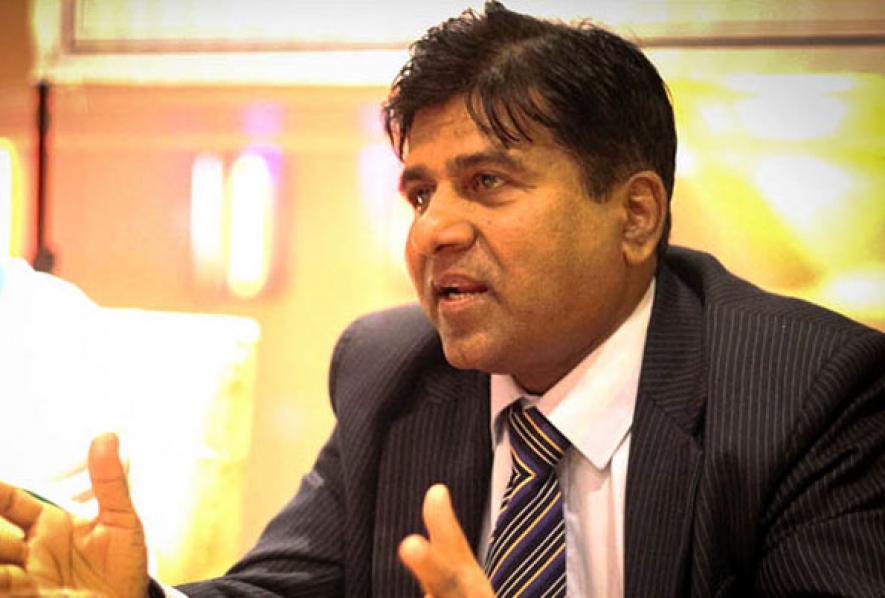Most countries have carried out the death penalty, also known as capital punishment, at some point in history. Today, more than 100 countries have abolished it. Especially in democratic countries punishments are aimed at correction and rehabilitation, the Minister said. The world opinion with regard to the matter is in favour of not implementing it, he added.
The minister further noted Sri Lanka had voted in favour of the UN resolutions calling for moratorium on death penalty in 2007, 2008 and 2010. In 2012, Sri Lanka had abstained from voting for the resolution.
However, the minister said Sri Lanka has decided to vote in favour of the UN resolution for moratorium on death penalty in 2015 when the vote is taken at the UN General Assembly.
The minister recalled that Pope when addressing the inaugural session of the UN General Assembly on September 24 requested all countries to abolish death penalty. He said Foreign Minister Mangala Samaraweera at his address at the UNHRC on September 14 stated, on behalf of the Sri Lankan government, that capital punishment would not be implemented.
There is no evidence that the death penalty is any more effective in reducing crime, the Minister emphasised.




















